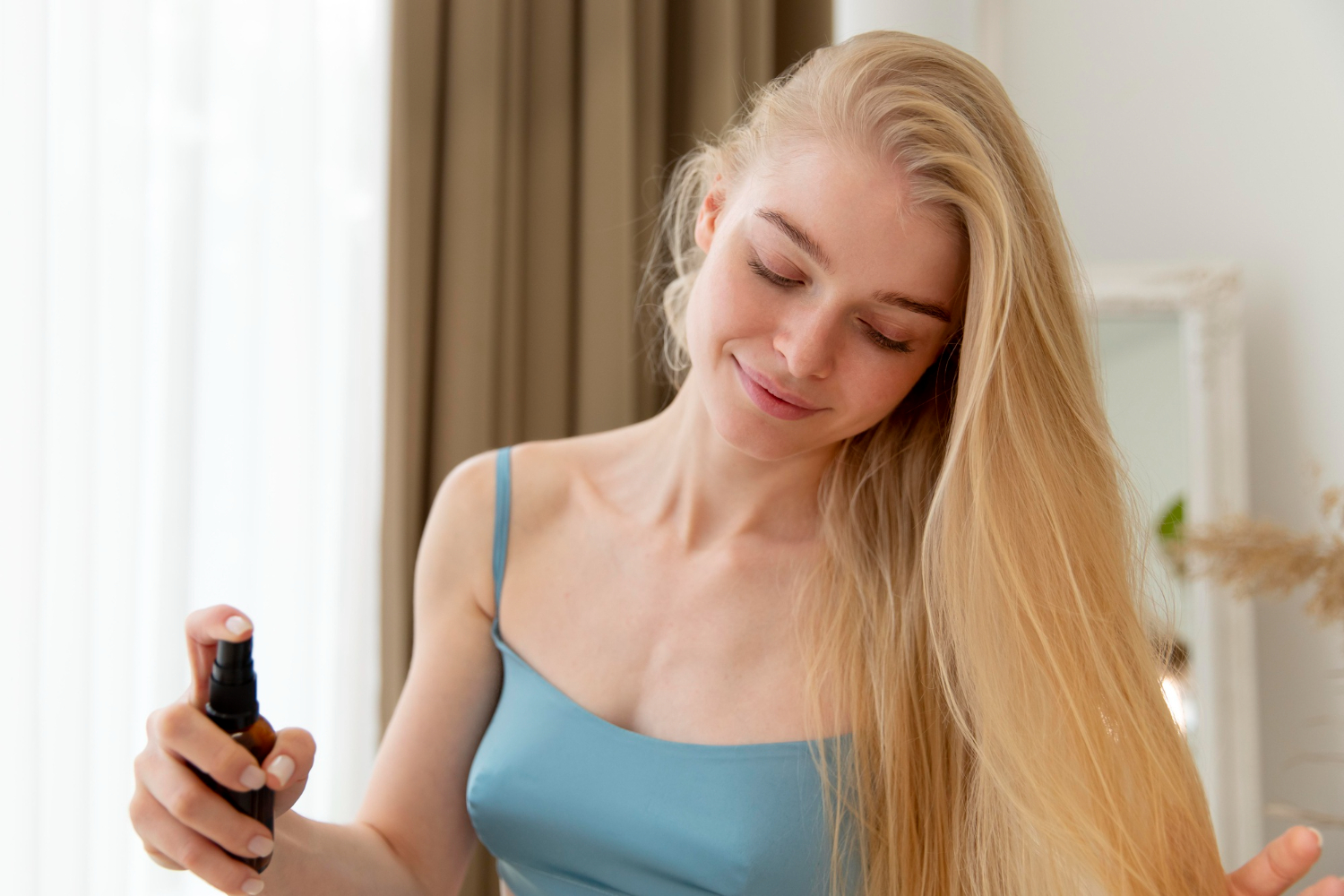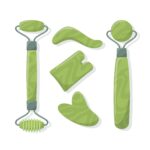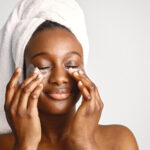In general, using a hair dryer properly and sparingly is safe and shouldn’t result in hair loss. On the other hand, overusing or mishandling a hair dryer may cause the hair shaft to break and get damaged, giving the impression of thinner hair.
The following advice can help reduce the risk of injury when using a hair dryer:
Reduce the heat setting: Excessive heat can weaken the cuticle of the hair, increasing the likelihood of breaking. Use a lower heat setting on your hair dryer whenever you can.
Maintain distance: To avoid overheating and damage, keep the hair dryer at least 6 inches away from your hair.
Limit frequency: Try not to use a hair dryer every day. Over time, frequent heat styling can weaken the hair.
Use a heat protectant: By forming a barrier between the heat and your hair, a heat protectant product applied before using a hair dryer will help limit damage.
Keep it moving: Refrain from spending too much time focusing the heat in one area. To ensure uniform heat distribution, keep the hair dryer moving.
When possible, let your hair air dry naturally rather than using a hair dryer. This is something to keep in mind.
You can read my old article about Hair Care
In general, hair dryer use does not directly cause hair loss, however it can lead to damage if not handled properly. It is advisable to see a dermatologist or trichology’s if you are having significant hair loss or damage so that the underlying reason and suitable therapy may be discovered.
Does dry shampoo make your hair fall out?
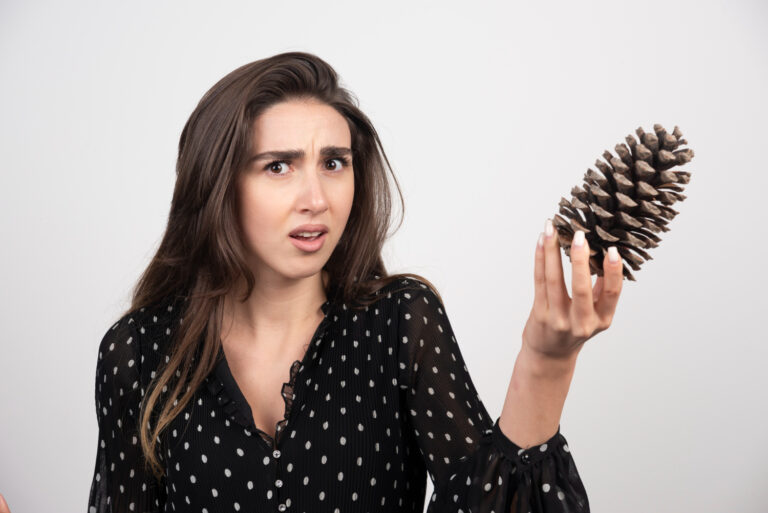
The purpose of dry shampoo is to remove extra oil from hair and revitalize it in between washes. If used as directed, it shouldn’t result in hair loss. Nonetheless, there are a few things to remember:
Build-up: Overuse of dry shampoo without enough washing can result in product build-up on the scalp, which over time may cause hair loss or breakage due to blocked hair follicles. It’s critical to routinely wash your hair to get rid of any buildup of dirt and product.
Scalp discomfort: Certain components in dry shampoo may cause allergic responses or cause scalp irritation in certain persons. Itching, redness, and inflammation may result from this, and if scratching or vigorous rubbing takes place, this might indirectly lead to hair loss.
Overuse: Applying dry shampoo too closely to the scalp or in excess can clog pores and follicles, which can harm hair health and even cause hair loss. It’s crucial to abide by the manufacturer’s recommendations and use dry shampoo sparingly.
Hair breakage: Wrong application or removal methods might result in hair breakage, even if dry shampoo doesn’t often cause hair loss on its own. In particular, if the hair is already weak or brittle, vigorously rubbing or brushing the hair to disperse or remove dry shampoo might result in mechanical damage and breaking.
About Skin Care you may read this Oily Skin Care.
Overall, most individuals may safely use dry shampoo and it shouldn’t significantly affect hair loss when used carefully and sparingly. Dry shampoo should not be used if you encounter any negative reactions or detect significant hair losing; instead, stop using it and seek the counsel of a trichologist or dermatologist.
Does vo5 make your hair fall out?
Scientific data does not support the theory that VO5 hair products cause hair loss in the first place. Numerous variables, including genetics, hormonal fluctuations, certain medical problems, stress, food, and hair care habits, might affect hair loss.
On the other hand, some people may be sensitive to or react allergically to specific substances in hair products, which in rare instances may cause irritation of the scalp or even hair loss. It is best to stop using a product and get individual guidance from a dermatologist or other healthcare provider if you think it is producing problems for your hair or scalp.
I have cover this topic in my video
Youtube
Does meth make your hair fall out?
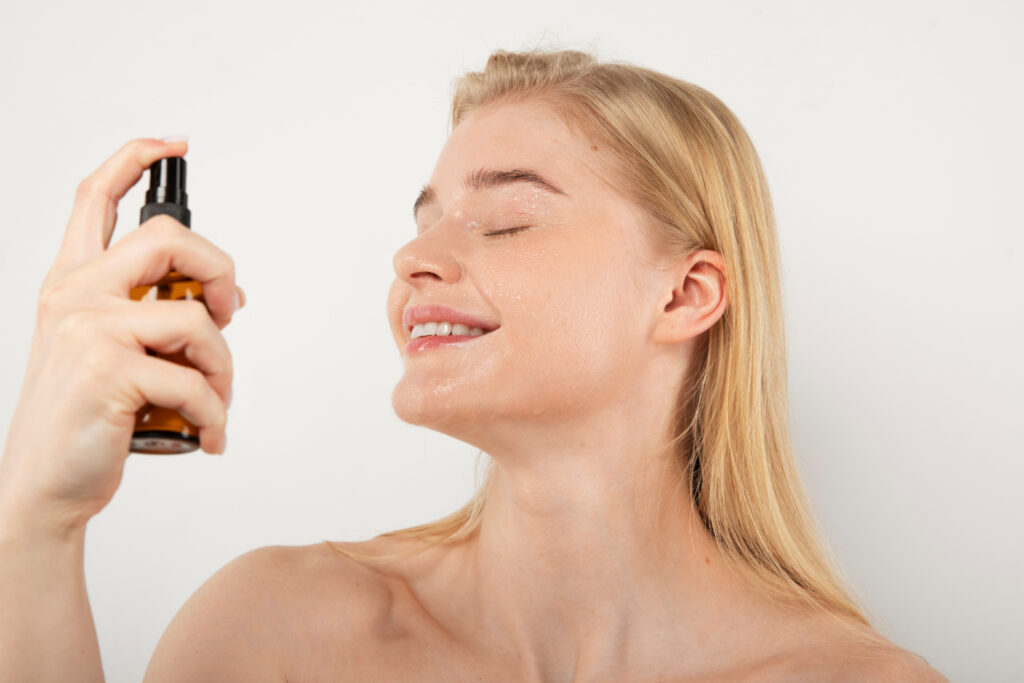
Hair loss can result from methamphetamine addiction; however, the process is mainly indirect rather than direct. Abuse of methamphetamine can have serious consequences for general health, affecting the body’s systems, diet, and mental state. There are many ways in which these impacts may exacerbate hair loss:
Nutritional deficiencies: Long-term methamphetamine abusers may ignore their meals or lose appetite, which can result in poor nutrition. Hair thinning and loss can result from nutritional deficiencies, especially those involving vitamins and minerals that are vital for healthy hair (including biotin, iron, and zinc).
Stress: Using methamphetamine may cause a great deal of physical and psychological stress on the body. Prolonged stress can interfere with the hair development cycle and cause excessive shedding, which is one of the known causes of hair loss.
Poor hygiene: People who are addicted to methamphetamine may not take proper care of their personal hygiene, particularly their hair. Hair breakage and loss can be attributed to poor hygiene practices, such as infrequent washing or excessive tugging or scratching of the hair and scalp.
Chemical exposure: The use of hazardous chemicals in some methamphetamine production processes can have negative effects on the body and may indirectly affect the health of hair.
In general, methamphetamine addiction does not directly cause hair loss; nonetheless, it can induce thinning and shedding of hair due to its impact on stress, diet, cleanliness, and exposure to noxious chemicals. Addressing these underlying causes and enhancing general health and well-being, including hair health, need methamphetamine addiction therapy.
Does cutting hair short reduce hair fall?
Hair fall is not immediately decreased by short hair. Hair fall, often referred to as hair shedding or hair loss, is mostly caused by a person’s genetics, hormonal fluctuations, health issues, stress, food, and hair care routines.
Nonetheless, there are a few reasons why cutting your hair short might appear to lessen hair fall:
Less obvious shedding: Compared to long hair, short hair usually sheds less noticeably. When hair falls out, longer hair strands show more, while shorter hair strands might not show up as much.
Volume and density: Shorter hair tends to look thicker and fuller than longer hair, which hides any shedding.
Less weight and tension: Long hair can occasionally cause the hair’s roots to become heavy, which puts strain on the follicles and may lead to more breakage or shedding. Shorter hair helps release stress and weight, which may lessen breakage.
Easier maintenance: Hair that is shorter may be less damaged and require less manipulation while styling, which helps reduce breakage and hair loss.
It’s crucial to remember, though, that shaving off a portion of your hair does not treat the underlying reasons of hair loss. Finding and treating the underlying causes of any significant hair loss or shedding is crucial if you’re experiencing these symptoms. To ascertain the reason and the best course of action, this may include speaking with a medical specialist like a dermatologist or trichology’s.
Does hairspray make your hair fall out?
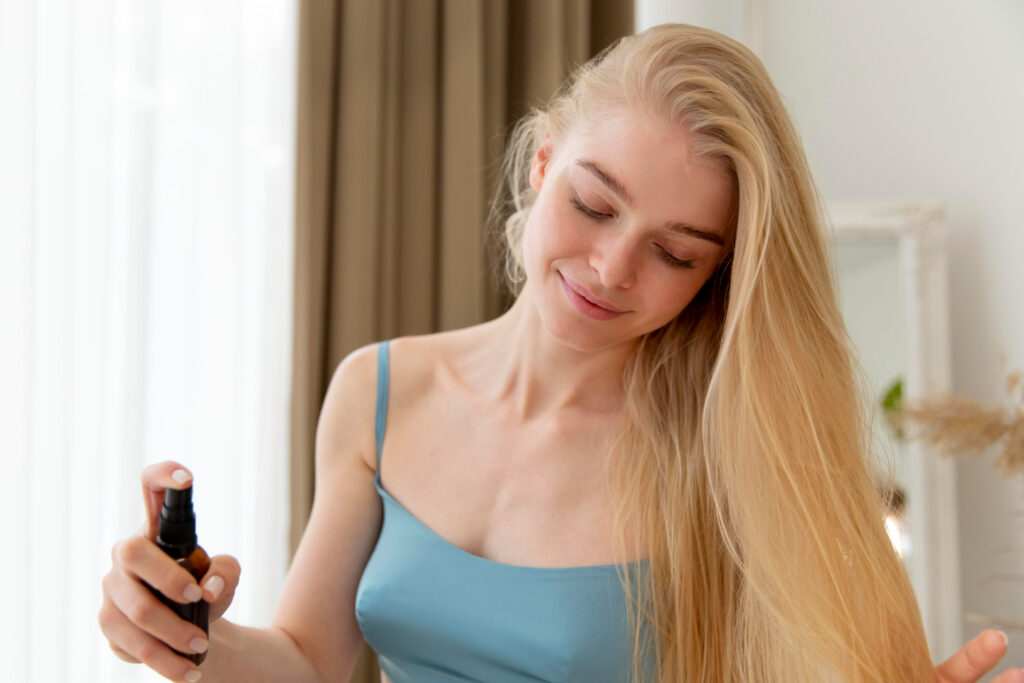
Generally speaking, hair spray does not cause hair loss. Nonetheless, a few elements connected to the usage of hair spray may be responsible for hair breaking or fall:
Chemical Components: Certain compounds in hair sprays have the potential to be drying or harsh on the hair and scalp. Overuse of these products or the use of hair sprays containing harsh chemicals can cause the hair shaft to become dry, brittle, and broken, which over time may contribute to hair loss.
Product Build-Up: If hair spray is used often without being properly cleansed, it can cause product build-up on the hair strands and scalp. This accumulation may cause irritation or inflammation of the scalp, which in turn may cause hair loss or breakage by clogging hair follicles.
Excessive Manipulation: Rearranging the hairstyle may require extra brushing or combing if hair spray is applied excessively or is reapplied throughout the day. Overhand hair manipulation can cause breakage and mechanical damage, especially if the hair is sprayed.
Alcohol Content: Hair sprays with high alcohol contents may have drying effects on the scalp and hair. Hair that is dry and brittle is more likely to break and shed.
Take into consideration the following advice to reduce the possible harm that hairspray might do to your hair.
Select hair sprays that have kinder or more natural ingredients.
Apply hairspray sparingly; do not use too much of it.
Regular hair washing helps to get rid of product buildup.
Seek for hair sprays with reduced alcohol content or ones that are alcohol-free.
Take care not to overbrush or comb hair that has been sprayed with hairspray.
See a dermatologist or trichology’s if you’re having extreme hair loss or breakage so that you can establish the cause and the best course of action.
